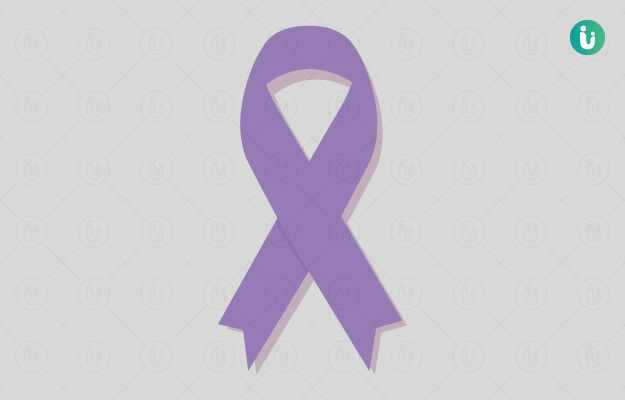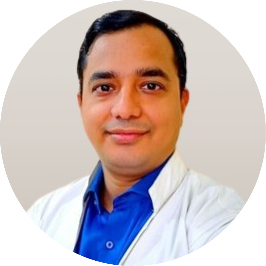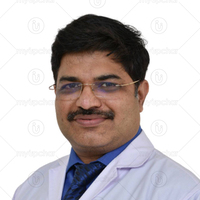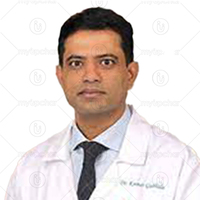Cancers that affect the mouth cavity including the inner cheeks, lips, tongue, and upper throat are grouped together as oral cancers. Oral cancers are an important type of head and neck cancer. Most commonly, cancers of the mouth are associated with similar risk factors and are typically squamous cell carcinomas. Squamous cell carcinomas arise in the squamous cells that are present in the wet moist lining, known as the oral mucosal lining, covering the inner surfaces of the oral cavity. Many of the risk factors of oral cancer are modifiable and making suitable lifestyle modifications can effectively prevent it from developing. Treatment options for oral cancer depend on the size, location and spread of the disease, as well as the overall health of the patient. If diagnosed early, oral cancers can be treated in time. Sometimes, large oral cancer tumours can distort the facial appearance and resection of such cancer can create defects. However, wherever possible, reconstructive treatments are utilised to preserve and restore facial aesthetics to the best degree possible.
Cancer of the cheek usually refers to cancer of the inner surface of the cheek but could also mean cancer of the outer surface of the cheek, which is considered to be skin cancer. In this article, we focus on cancer of the inner cheek. As with other oral cancers, malignant tumours can arise in the buccal mucosa lining the inner surface of the cheeks. Many features of inner cheek cancer are shared with other oral cancers.

 Doctors for Cheek Cancer
Doctors for Cheek Cancer 












































